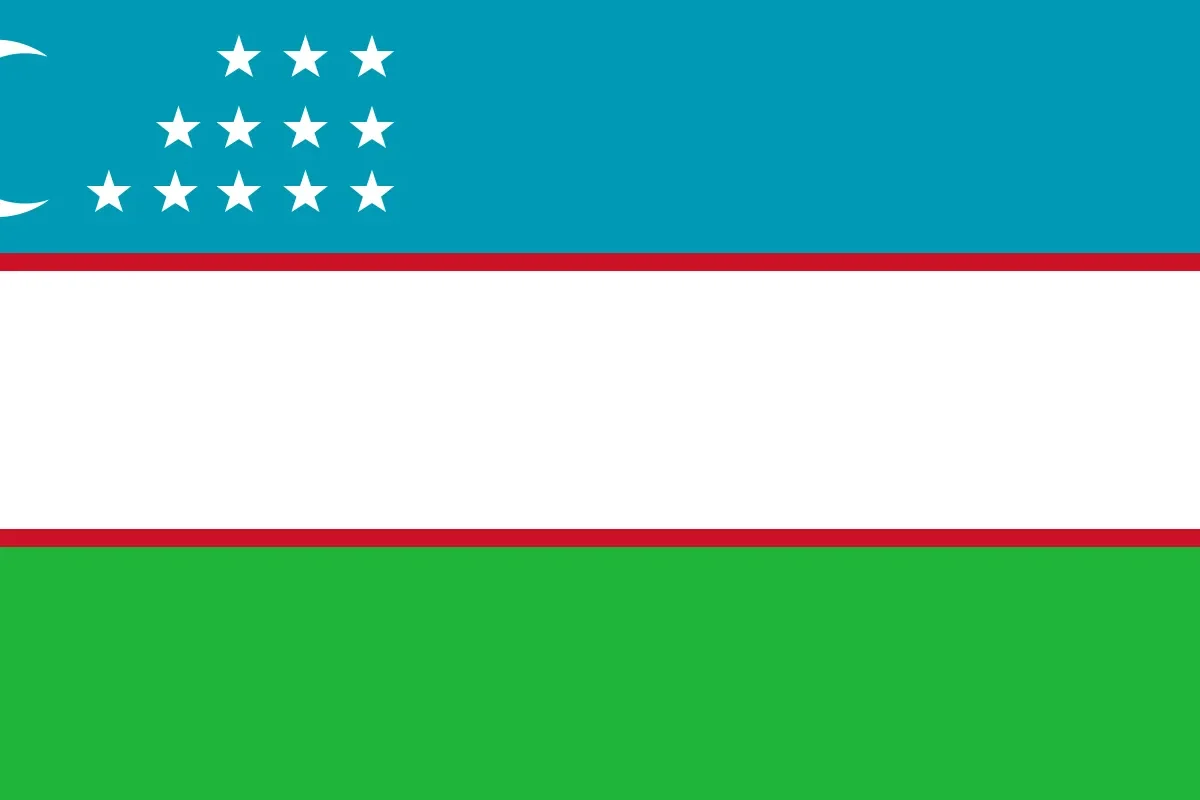The Asia-Pacific Commerce and Industry Confederation (APCIC) is pleased to present this comprehensive guide to Brazil, the largest economy in South America and a key player in global trade and natural resources. This report provides an overview of Brazil’s economic landscape, key industries, trade policies, taxation framework, and strategic recommendations for APCIC members exploring opportunities in this vibrant and resource-rich market.
1.经济概况
Brazil, with a GDP of approximately $2.1 trillion in 2023, is the world’s 10th-largest economy. Its diverse economic base, abundant natural resources, and strategic location make it a key hub for trade and investment in Latin America.
主要经济指标:
- 国内生产总值增长: Estimated at 2.9% in 2023, driven by agriculture, manufacturing, and services.
- 人口: Approximately 215 million, with a growing middle class and urbanization trends.
- 通货膨胀率: Moderated to 4.7% in 2023, supported by monetary policy adjustments.
2.重点行业
Brazil’s economy is underpinned by robust industries with global significance:
- Agriculture and Agribusiness: Brazil is the world’s largest exporter of soybeans, coffee, and beef, with a strong focus on sustainable practices.
- 能源: A global leader in ethanol production and renewable energy, particularly hydropower and wind energy.
- Mining and Natural Resources: Rich in iron ore, gold, and bauxite, Brazil is a major player in global resource markets.
- 制造业: Key sectors include automotive, aerospace, and consumer goods, supported by a large domestic market.
- 技术与创新: A growing IT and fintech ecosystem positions Brazil as a leader in digital transformation within Latin America.
- 旅游与酒店业: Home to natural wonders like the Amazon and Iguazu Falls, Brazil attracts millions of international tourists annually.
3.贸易政策
Brazil’s trade policies aim to enhance its integration into the global economy while supporting domestic industries:
- Mercosur Membership: Brazil is part of the Southern Common Market (Mercosur), which promotes free trade among member states and agreements with other regions.
- Trade Agreements: Ongoing negotiations with the EU, Canada, and other key partners aim to expand market access.
- Customs and Tariffs: Average tariff rates range from 10% to 20%, with reduced rates for essential imports and industrial inputs.
4.税收框架
Brazil’s tax system is complex but offers opportunities for foreign investors through specific incentives:
- 企业税: The standard rate is 34% (including federal and social contribution taxes), with reduced rates for export-oriented businesses and specific regions.
- 增值税(VAT): VAT is levied at state and federal levels, with rates varying by location and product category.
- 个人所得税: Progressive rates range from 0% to 27.5%, depending on income levels.
- 投资激励措施: Tax breaks and subsidies are available for green energy, R&D, and projects in underdeveloped regions such as the Amazon.
5.投资环境
Brazil offers a favorable investment climate characterized by natural wealth, a large consumer base, and growing infrastructure:
- Natural Resource Abundance: Extensive reserves of minerals, energy, and agricultural land support various industries.
- 战略位置: Positioned as a gateway to Latin America, Brazil provides access to regional and global markets.
- 基础设施建设: Investments in transport, logistics, and digital infrastructure enhance business efficiency.
- 熟练劳动力: A young and dynamic labor force supports innovation and industrial growth.
6.战略建议
For APCIC members considering investments or trade in Brazil:
- Expand in Agribusiness: Invest in food processing, value-added agriculture, and exports of high-demand products such as soybeans and beef.
- Leverage Renewable Energy Growth: Participate in solar, wind, and biofuel projects aligned with Brazil’s commitment to sustainability.
- Engage in Mining and Resources: Collaborate on exploration and processing projects to tap into Brazil’s rich mineral reserves.
- 利用数字化转型: Partner with Brazilian firms in fintech, e-commerce, and technology innovation to access a growing market.
- 参与基础设施建设: Collaborate on logistics, urban development, and transport projects under Brazil’s infrastructure investment programs.
- Navigate Local Partnerships: Build relationships with local businesses and government agencies to navigate regulatory complexities effectively.
结论
Brazil’s vast natural resources, diverse economy, and strategic location present immense opportunities for trade and investment. APCIC members are encouraged to leverage this guide to explore the Brazilian market and establish a strong presence in Latin America’s largest economy.




